Kym Oliver and Jumoke Abdullahi, both women of colour with disabilities, were constantly reminded of how society rendered them invisible. Conversations about race rarely included disability, and conversations about disability rarely included people of colour. And when gender was factored in, their stories all but disappeared. So, they established a platform called Triple Cripples to change this narrative.
When Kym Oliver and Jumoke Abdullahi first connected, they were struck by how familiar their experiences felt. Both were Black, both disabled, and both constantly reminded of how society rendered them invisible. Conversations about race rarely included disability. Conversations about disability rarely included people of colour. And when gender was factored in, their stories all but disappeared.
Rather than accept that silence, Kym and Jumoke decided to break it. In 2018, they co-founded The Triple Cripples (@triplecripples), a platform dedicated to amplifying the voices of Black disabled women and people of colour whose realities had been overlooked for far too long.
The name itself is bold, defiant, and unapologetic—qualities that echo through everything they do. Through podcasts, social media, live events, and unapologetic storytelling, The Triple Cripples exposes the intersections of race, gender, and disability in ways that are raw, engaging, and often funny. Their mission isn’t to inspire pity. It’s to demand visibility.
“We were tired of not seeing ourselves anywhere,” they’ve explained in interviews. “So we created what we needed.”
That act of creation has had ripple effects far beyond what they imagined. Their content dives into everyday realities—dating, healthcare, work, family, identity—always grounded in honesty. They tackle taboo topics, too, especially around sexuality and desirability, shattering stereotypes that often paint disabled women of colour as voiceless or undesirable. With humor and candor, Kym and Jumoke make space for conversations that many didn’t even realize were missing.
But The Triple Cripples is more than just a platform; it’s a movement. It resonates because it offers something rare: representation with dignity. For many followers, discovering their work is the first time they’ve seen their own lives reflected with nuance, complexity, and joy. It’s not about framing disability as tragedy—it’s about showing it as part of the vibrant spectrum of human experience.
Kym and Jumoke’s voices have reached beyond their platform, too. They’ve been invited to speak at universities, festivals, and international forums, where they challenge institutions to reimagine inclusivity. Their work has also been recognized by global media outlets, earning them features in spaces that once excluded voices like theirs.
Yet despite the attention, they remain rooted in their mission. The Triple Cripples is, at its heart, about community. It’s about giving voice to those who have been told to remain silent. It’s about shifting narratives, not for applause, but for justice.
Their story is a reminder that true change often begins with those most affected by inequality deciding to speak for themselves. Kym and Jumoke didn’t wait for permission to be heard; they carved out their own stage. And in doing so, they’ve given countless others the courage to do the same.
The Triple Cripples continues to grow, but its essence remains the same: unapologetic truth-telling, joyful defiance, and an unshakable belief that the voices of Black disabled women are not just valid—they are vital.

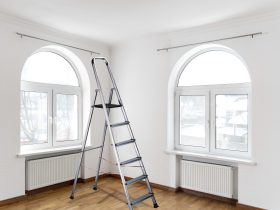
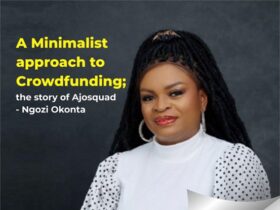
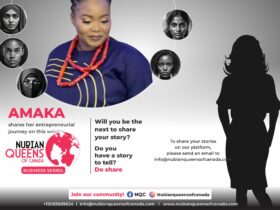
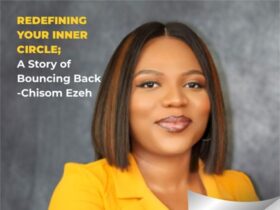

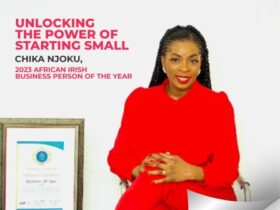
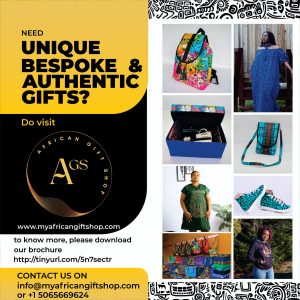
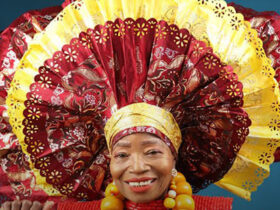

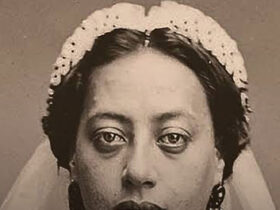



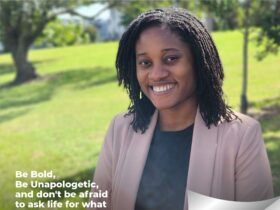

Leave a Reply